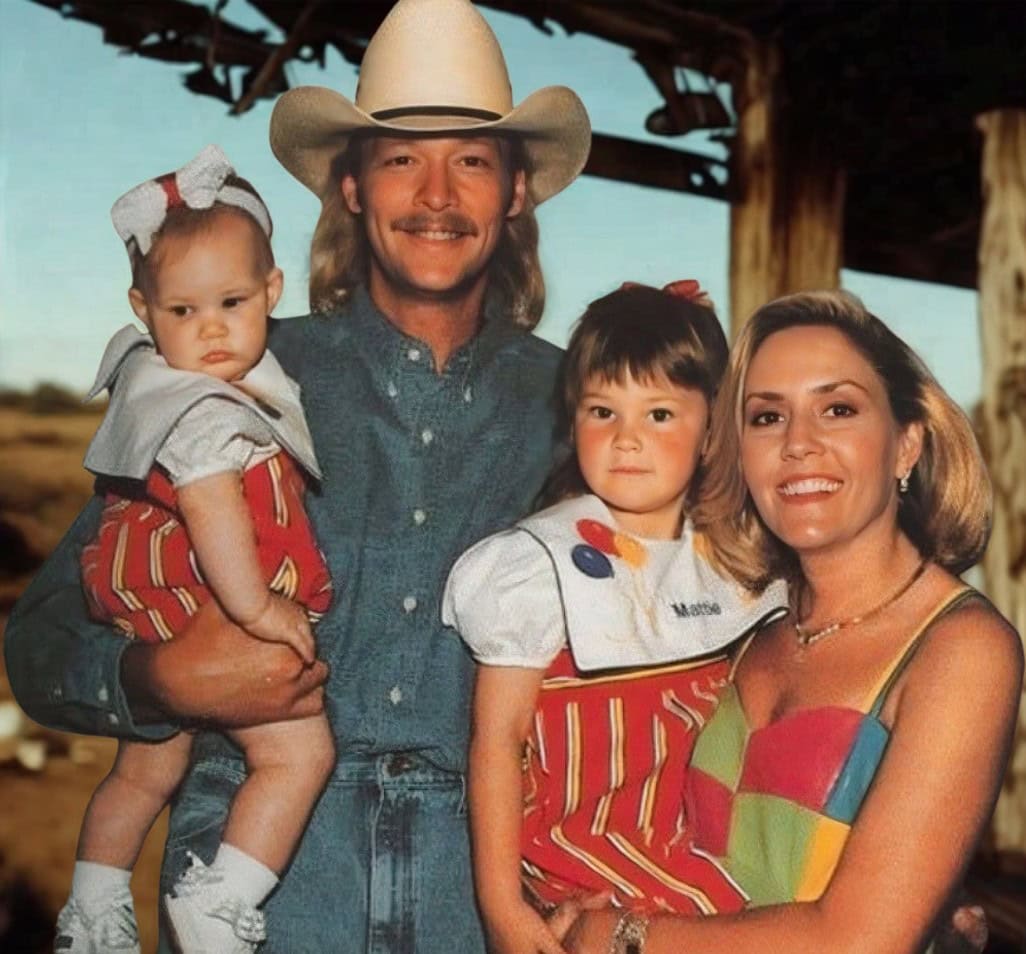
About the song
Alan Jackson’s “Where Were You (When the World Stopped Turning)” is more than just a country ballad — it is an emotionally resonant response to one of the most tragic days in American history: September 11, 2001. Released only two months after the attacks, this song captures the collective grief, confusion, and patriotism felt by millions, not with political rhetoric or anger, but with heartfelt simplicity and honesty.
Unlike other protest or tribute songs, Jackson’s lyrics do not seek to assign blame or offer answers. Instead, he asks deeply human questions: “Where were you when the world stopped turning on that September day?” This line invites listeners to reflect on their own experience, grounding the tragedy in personal memory. Jackson’s approach is intimate and observational, highlighting everyday reactions — calling a loved one, turning off the TV, or praying — that make the listener feel seen and understood.
The strength of the song lies in its balance between vulnerability and faith. Jackson, a devout Christian, weaves spiritual undertones throughout the song, but never imposes a single worldview. He sings not as a preacher, but as a fellow American trying to make sense of a senseless event. His soft vocals and restrained instrumentation allow the message to take center stage, lending authenticity and weight to each word.
“Where Were You” resonated deeply with audiences, topping country charts and earning Jackson a Grammy Award. More importantly, it served as a unifying voice at a time of national crisis. Its power endures because it does not exploit tragedy — it honors it.
In a time when public discourse can feel divisive and reactionary, Jackson’s song stands as a reminder that sometimes, the most powerful response is to listen, feel, and reflect. It remains one of the most moving and sincere musical responses to 9/11, a testament to the healing potential of honest storytelling in music
